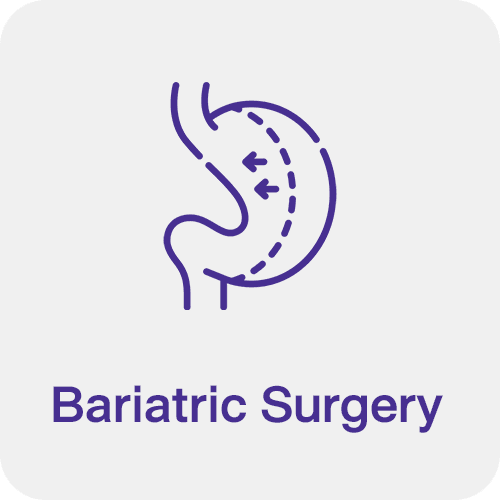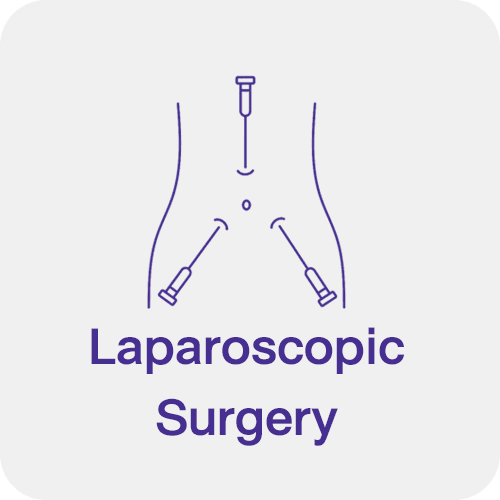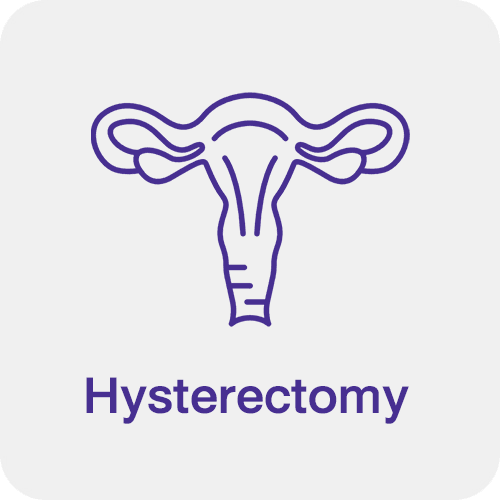Gastric bypass surgery (Roux-en-Y gastric bypass) is a procedure designed to promote weight loss and reduce obesity-related health risks. Approximately 75–80% of the stomach is removed, leaving a sleeve-shaped pouch. The remaining part of the stomach is then connected directly to the upper section of the small intestine, bypassing the rest of the stomach. This reduces stomach capacity, leading to quicker satiety, lower calorie intake, and reduced absorption of certain nutrients.
Procedure Steps for Gastric Bypass Surgery
- Administration of local anesthesia or general anesthesia.
- Creation of 3–5 small incisions in the abdominal area.
- Insertion of a laparoscope and surgical tools through the small incisions.
- Reshaping the stomach into a sleeve-shaped pouch.
- Removing the excess stomach tissue.
- Connecting the sleeve-shaped pouch to the upper part of the small intestine.
- Closing the incisions using dissolvable sutures.
Duration of Gastric Bypass Surgery
The procedure typically takes about 2–3 hours.
Advantages of Gastric Bypass Surgery
- High effectiveness in weight loss and reducing obesity-related health risks.
- Patients can usually be discharged within 1–2 days post-surgery.
Disadvantages of Gastric Bypass Surgery
- Larger surgical incisions compared to sleeve gastrectomy.
- Longer recovery period than sleeve gastrectomy.
- Patients may need to consume protein supplements in the early stages.
- Dietary and behavioral adjustments are often required post-surgery.
Pre-Surgery Preparation for Gastric Bypass Surgery
Patients should prepare as follows:
- Research the procedure thoroughly.
- Consult a specialist to assess suitability and potential risks.
- Prepare physically by quitting smoking, avoiding alcohol, and consuming a healthy diet.
- Shave the area where surgery will take place.
- Complete all necessary health screenings.
Recovery Period Post-Surgery
Recovery generally takes 1–2 weeks. During this period, patients should:
- Avoid strenuous activities or heavy lifting.
- Prevent the surgical site from getting wet.
- Take medications as prescribed.
Post-Surgery Recommendations
After gastric bypass surgery, patients are advised to:
- Eat small, frequent meals.
- Choose easily digestible foods.
- Stay hydrated by drinking plenty of water.
- Avoid alcohol and caffeine-containing beverages.
- Exercise regularly.
If patients strictly follow their doctor’s advice, the surgery is likely to be successful, helping them achieve their weight loss goals and minimize obesity-related risks.







